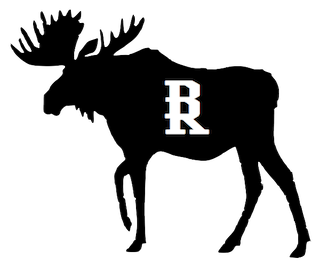Plantain Health Benefits

Plantains have a long history of being used as food plants and healing herbs in many diverse cultures around the world. The Native Americans used it to heal wounds, cure fever, and to draw out toxins from stings and bites, including snakebites.
Plantains have wide-ranging antimicrobial properties besides being anti-inflammatory and analgesic. It can not only soothe insect bites and superficial wounds but prevent infections and accelerate healing. An active biochemical aucubin is mainly responsible for the antimicrobial action of the herb. Another substance allantoin in the herb helps with skin tissue regeneration.
Plantains also have an astringent property that has a cleansing effect on the body. It helps dry up excess secretions in the respiratory tract and the digestive system, thus being useful in treating colds and diarrhea. The astringency is moderated by the demulcent effect of the mucilage in the herb, so this herbal remedy is much gentler than other commonly used astringents.
The edible leaves of broadleaf plantain are rich in calcium and other minerals and vitamins, including Vitamin K. This vitamin helps stem bleeding from cuts and wounds. Tender leaves can be eaten fresh in salads, but older leaves have to be cooked.
Plantain is used to treat a variety of everyday problems, from mosquito bites and skin rashes to kidney problems and gastrointestinal inflammatory diseases. Let’s see how you can use this herb for healing.
Burns – Apply a poultice immediately and apply a bandage with leaves. Follow it up with a plantain salve.
Cuts and open sores – Stop bleeding from fresh cuts by applying crushed plantain leaves. Wash with plantain tea or diluted tincture (1 tbsp to a glass of water) to prevent infections and promote healing.
Boils and acne – Touch with a drop of tincture or apply salve.
For mouth ulcers – Swish 2-3 Tbsp plantain tea in the mouth 3-4 times a day. You can use 1 tbsp of tincture diluted with a cup of water too.
For throat pain/infection – Gargle with plantain tea or diluted tincture. Take 5-10 drops of tincture under the tongue and ingest it slowly.
Dandruff and other scalp problems – Apply plantain tea or oil infusion to the scalp and wash off after an hour.
For poison ivy/sumac/oak – Apply a poultice immediately, and then wash the area with plantain tea. Apply plantain sludge (more details at the end of this article) until the stinging pain is gone.
For sunburn – Apply fresh poultice or plantain sludge liberally. Wash the area with the tea and then apply the salve.
To improve liver and kidney function – Drink 1-2 glasses of plantain tea every day.
For relief from gastrointestinal inflammation – Take the tincture under the tongue or drink plantain tea.
For cold, flu, and respiratory infections – Take the tincture under the tongue or drink freshly brewed warm tea with honey.
You will need:
Fresh plantain leaves – 1 cup
Water – 2 cups
Heat-proof bowl with fitting lid
Wash the plantain leaves thoroughly and keep it in a bowl with lid.
Boil the water and pour over the leaves in the bowl, cover with the lid and let them steep until the bowl is cold to touch.
Strain out the tea and store in the refrigerator for up to two weeks.
Drink 1-2 cups of this plantain tea a day to control diarrhea or to get relief from the symptoms of cold and fever. You can drink it plain or add honey for taste. It can bring relief to people who have stomach ulcers, IBS or other inflammatory diseases of the gastrointestinal tract. Plantain tea can be used as a general tonic too.
Resource:http://www.naturallivingideas.com/plantain-benefits-uses/
